A while back I got an email from a lovely woman called Anna, she wanted to do something for International Women's Day and she came across my name on her research. She told me about a survey she was doing asking people about their views on feminism, what they think they mean, how comfortable they are around the word and how needed is the movement in their country. I said I would write an article about the results.
The first idea was to analyse the results in detail, finding a pattern within the countries, or the age; but then we realised that the real value of the survey was in the comments. Some of them made me smile, a lot gave me hope, some reminded me how much work we still have to do.
94% of the people believe in gender equality, but that number drops to 44% when we include the word feminism. We are losing 50% of the people. That is a lot of people. That shows the huge misconception and stigma around it. I am sure that if those people took our test about "what type of feminist you are" only a few would be back with a "not a a feminist yet" and most of them will agree with the description of their result.

I live in my echo-chamber, we all do, so when I go out for an intellectual/emotional walk outside of it, I find, with surprise, that a lot of people still hold really intense and damaging views about feminism. Somehow it still shocks me how it is perceived as negative, and that still carries a lot of stigma and shame.
For some reason, reading the comments from the survey was very different from coming across some trolls on social media. The comments made me sadder. These were not people obsessing over the word feminism and commenting, full of rage, on an Instagram or twitter post. These were people asked about their idea of the word on a survey. Almost 1000 people that answered through a Facebook post on Anna's wall that was reshared.
Below are some of those answers in the space left to comment the simple question "Do you identify yourself as a feminist"
-
"I strive for equality. The word feminism is thrown around far too often when women are the “victim” of inequality. But what about when it’s the other way?"
-
"Feminism lost its path, it's become a toxic movement about superiority and not about equality with third wave feminism, it's been doing more harm than good especially to western society"
-
"Outdated. Reminiscent of the 70s"
-
"In the more traditional sense, yes. As in promoting more equal rights for women. But in more recent years the term has been sort of changed, and when you think of a feminist it's usually an over the top woman that hates men"
-
"If Feminism is a movement for equality, I support it. Looking around the Western world today equality was achieved some years ago.
-
If feminism now supports even more advantages for women at the expense of men then I do not support it - nor in my experience do mature, intelligent women with open minds"
-
"It's so overused these days. I'm supporting equal rights and opportunities but seeing all these women using "feminism" for everything to complain"
I only hand-picked some of them and I haven't added the really negative ones, because obviously they come from people with really strong opinions, I just added the ones that felt like a common line of mainstream thought.
I am not going to lie, I have spent hours frowning in front of the computer, reading some of the things, looking at figures and thinking... what can I do to change this? (Then I remembered that I literally created a whole website to challenge this, from clothes that are conversation starters, to gifts that are statement makers and hundreds of books to educate about it, but how can we do more! and faster!?)
I obviously don't think they are right, I don't think feminism is radical or outdated, and I don't think the solution is to humour them and serving only a palatable feminism that people feel comfortable enough with, but I do believe in the power of de-stigmatising the word, conversation after conversation, and opening the door to a journey in which it is much easier to understand where the anger comes from, why it is still relevant, why in this broad way to change things we need to mix and match every voice, because they are all important, even the ones that are louder than ours, or quieter.
Almost half of the people in the survey considered themselves feminists, and I see with joy that we have more gains (people starting to identify as such) than losses (people that used to but not anymore). I think that is a win. Maybe some of the clear NOs are very resistant to come around, but I truly believe that people who responded “I don't know” or “not interested” might be responding something different in a couple of years.

I find myself analysing the data with the mindset of a political party wanting to earn votes, which NOs we can convert, who do we need, how many YESs are enough. But this is much more important that votes, with feminism we vote every single day, in a lot of different ways. We vote when we engage respectfully with some people that don't understand what feminism is, we vote when we stand up for women, when we challenge normalised sexist attitudes, when we go a step further from the "it's nature" easy explanation of the scary stats.
Another question that made me reaffirm our need to do more was the one regarding how comfortable we are publicly admitting that we are feminists

I understand the 343 people that said "I am not a feminist" I haven't lost hope on them but they are not my biggest priority now. The ones that have my full attention are the 158 people that either don't mention it at all or just do it with certain people. What a clear sign of stigma.
Feminism for me is liberating, it is something I am proud of, I shout about. I am not saying that everyone has to be like me, or that mine is the only right way, but consciously being aware of who do you say it to, or preferring not to say at all, can only come from an internalised shame about what it means. I get it, you might not feel identified with every person in the world that declares themself a feminists. You might even have an urge to clarify that you are not like X or Y, but feminism is much more than that.
I would hate reading those results about being anti-racist. Could you imagine? People hiding away from the fact that they choose to fight against the sad reality of racism in our society? We don't have to always get it right, we don't have to live a perfect feminist way, whatever you think that looks like, but I believe there is a great power in proudly stating that you are a feminist, and that you are actively reclaiming a word that simply seeks equality among genders.
The thing about surveys is that as much as they are fascinating to analyse, to try to get a sense of them, it is difficult to establish anything as a pattern, or truth unless there are really big numbers or a perfectly representative sample. But this survey mattered to me because it made me feel that I got to know those 1000 people a little but, and it reaffirmed my idea that if the almost half of people that said YES could sit down on a table and have a real conversation with the other half, the results would be really different after those chats.
I believe that we have the power to change things around, to answer questions and to be the unapologetic ambassadors of this movement. We have the power to use our voice to change things, to make more people tick a yes, or at least "I am starting to”, the next time they are asked the question on a survey,
---
You can click HERE to see the full results of the survey
We've also published this blog post in Spanish


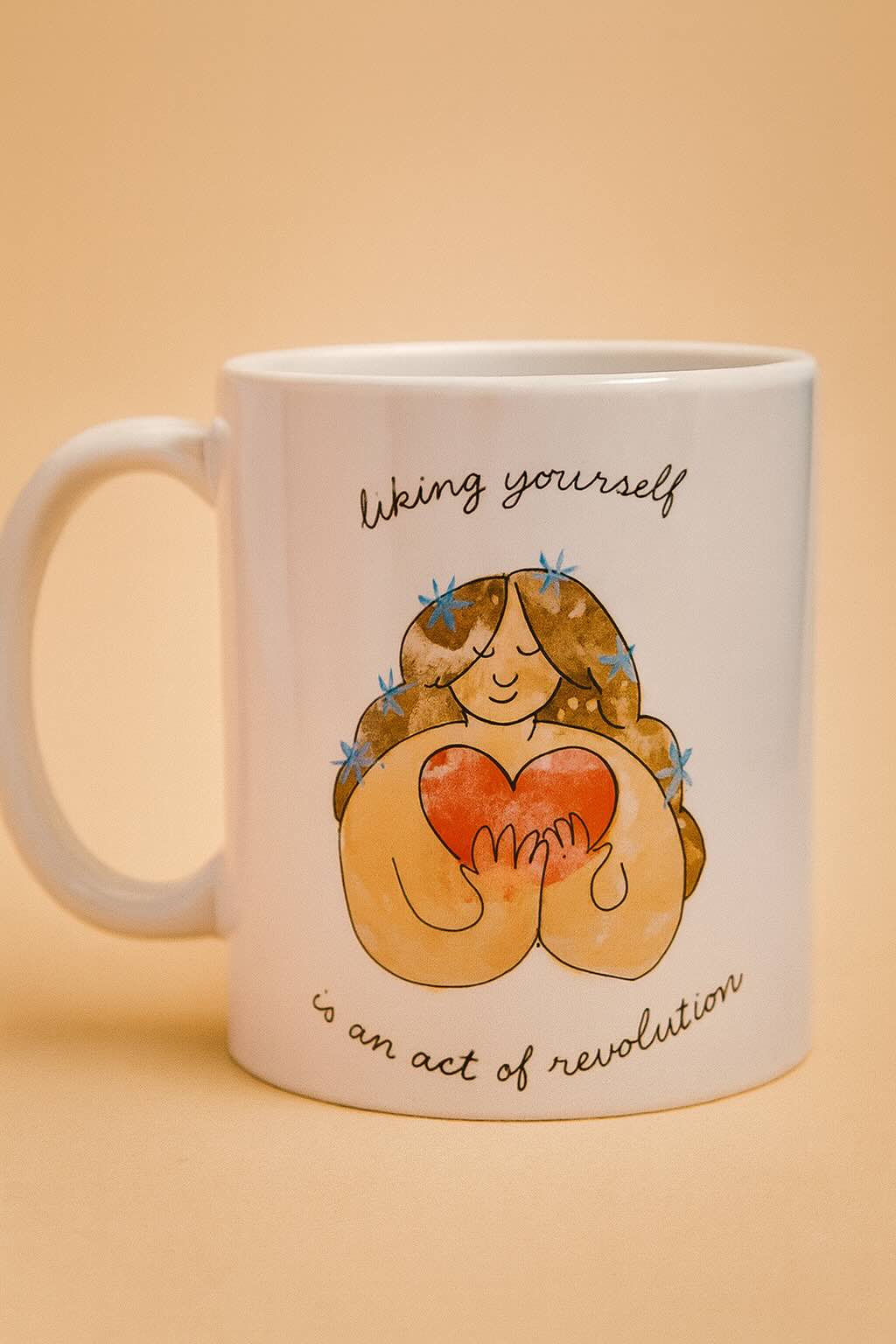

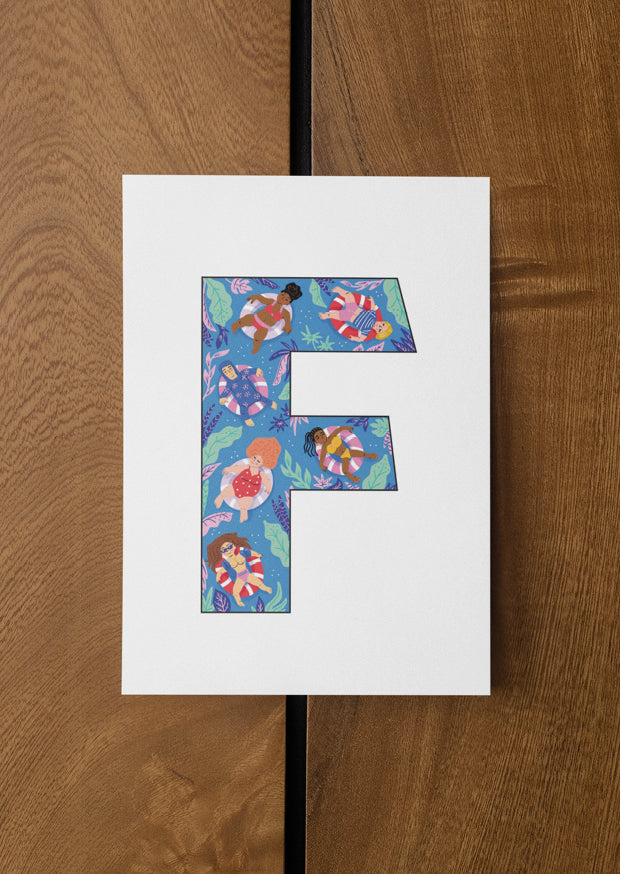
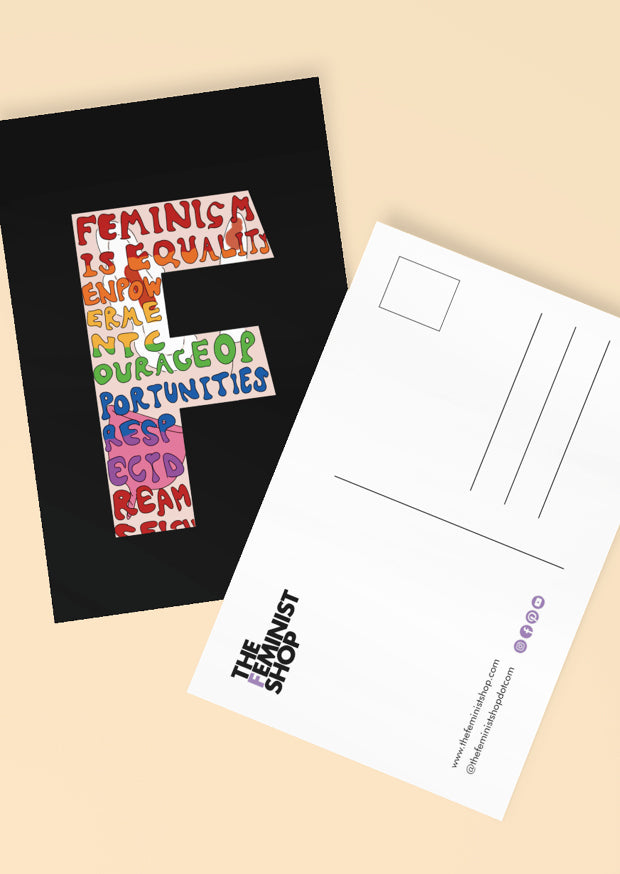
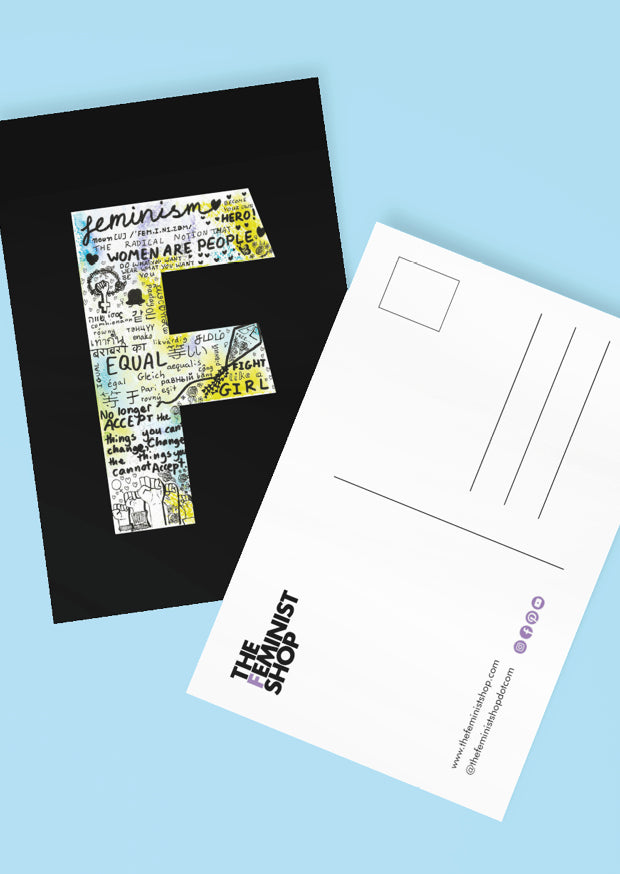


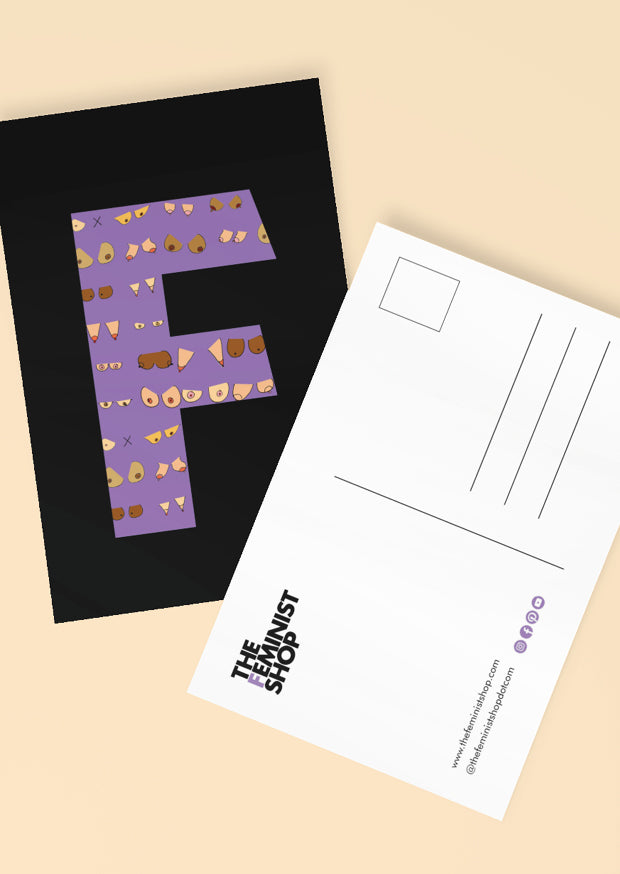
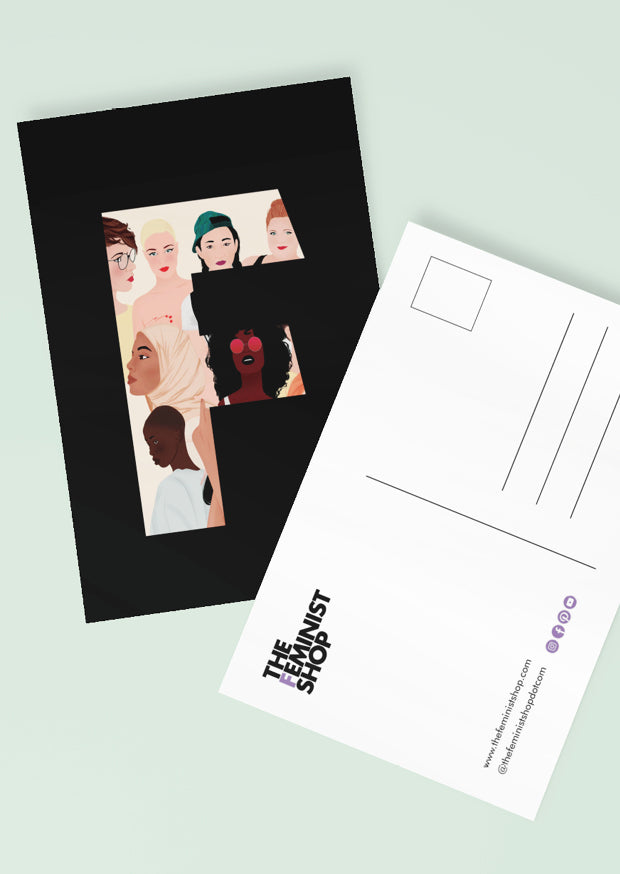
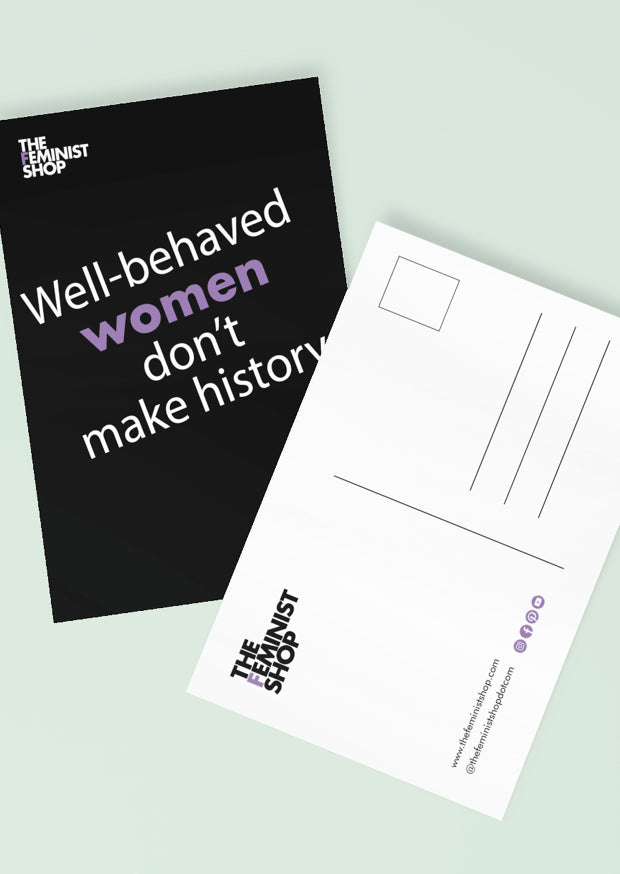
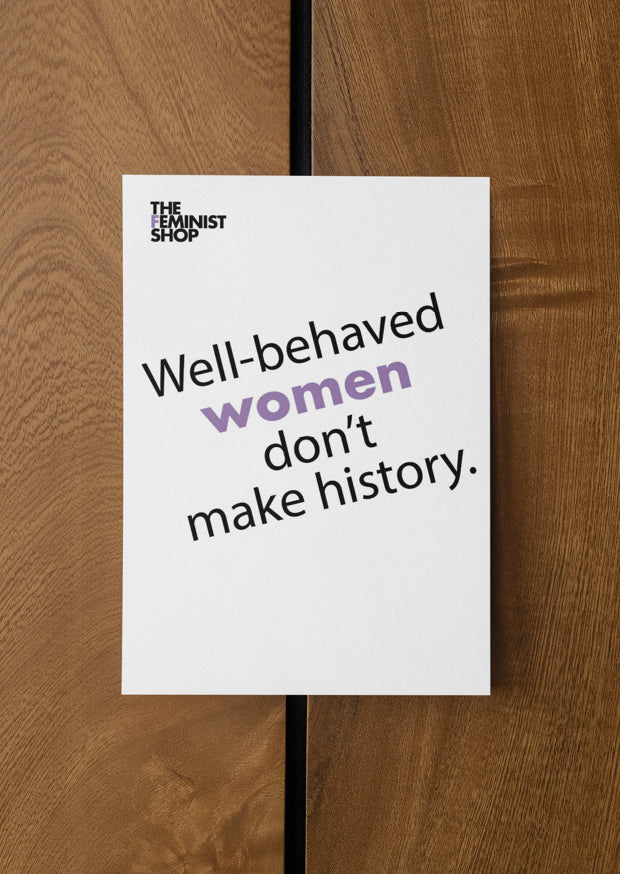
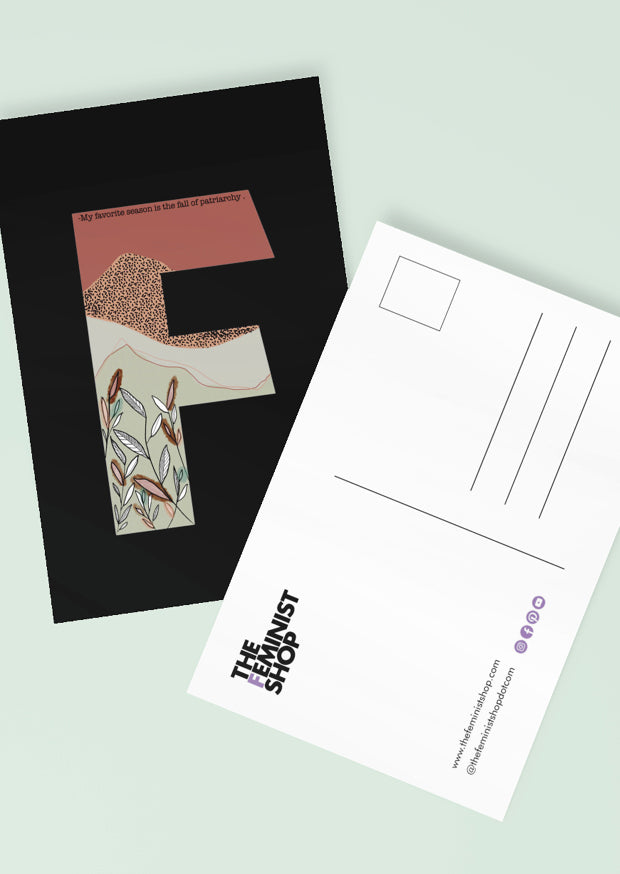
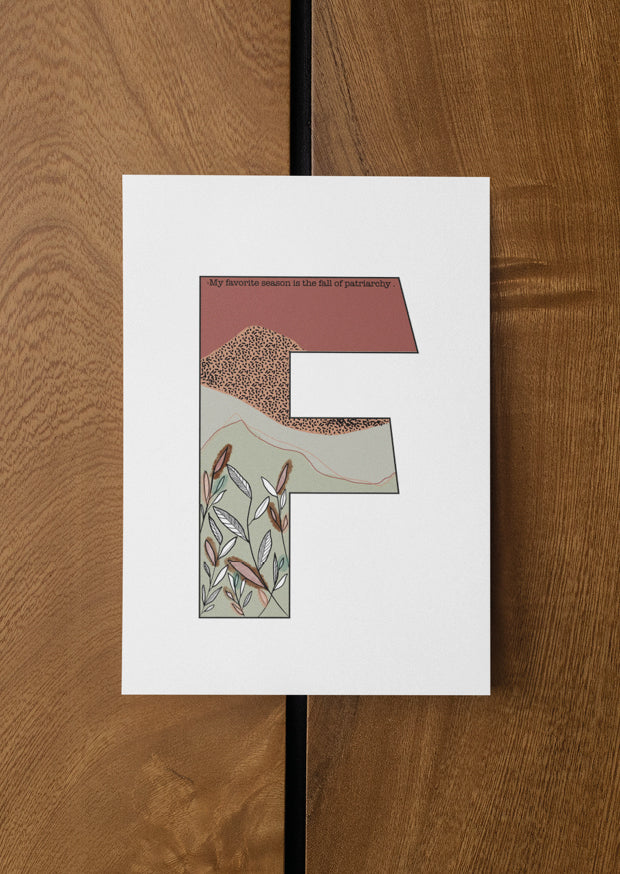

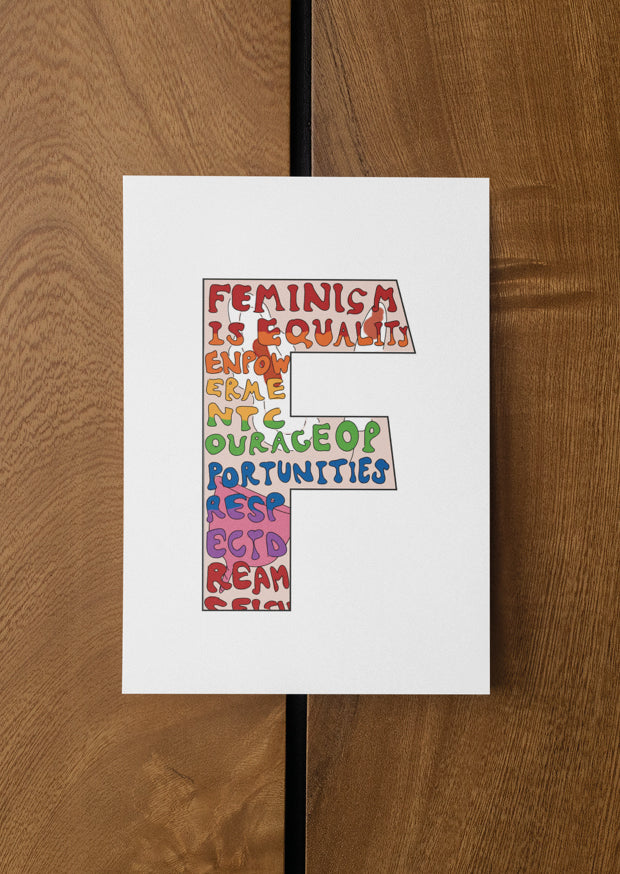

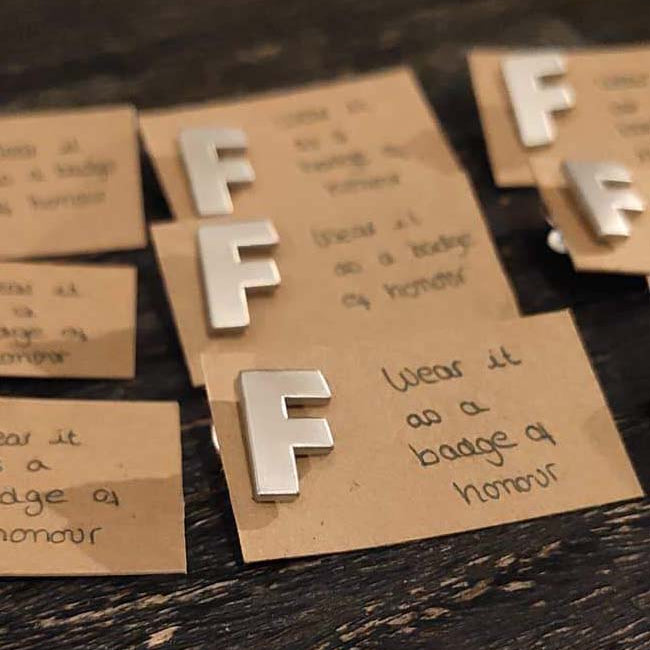
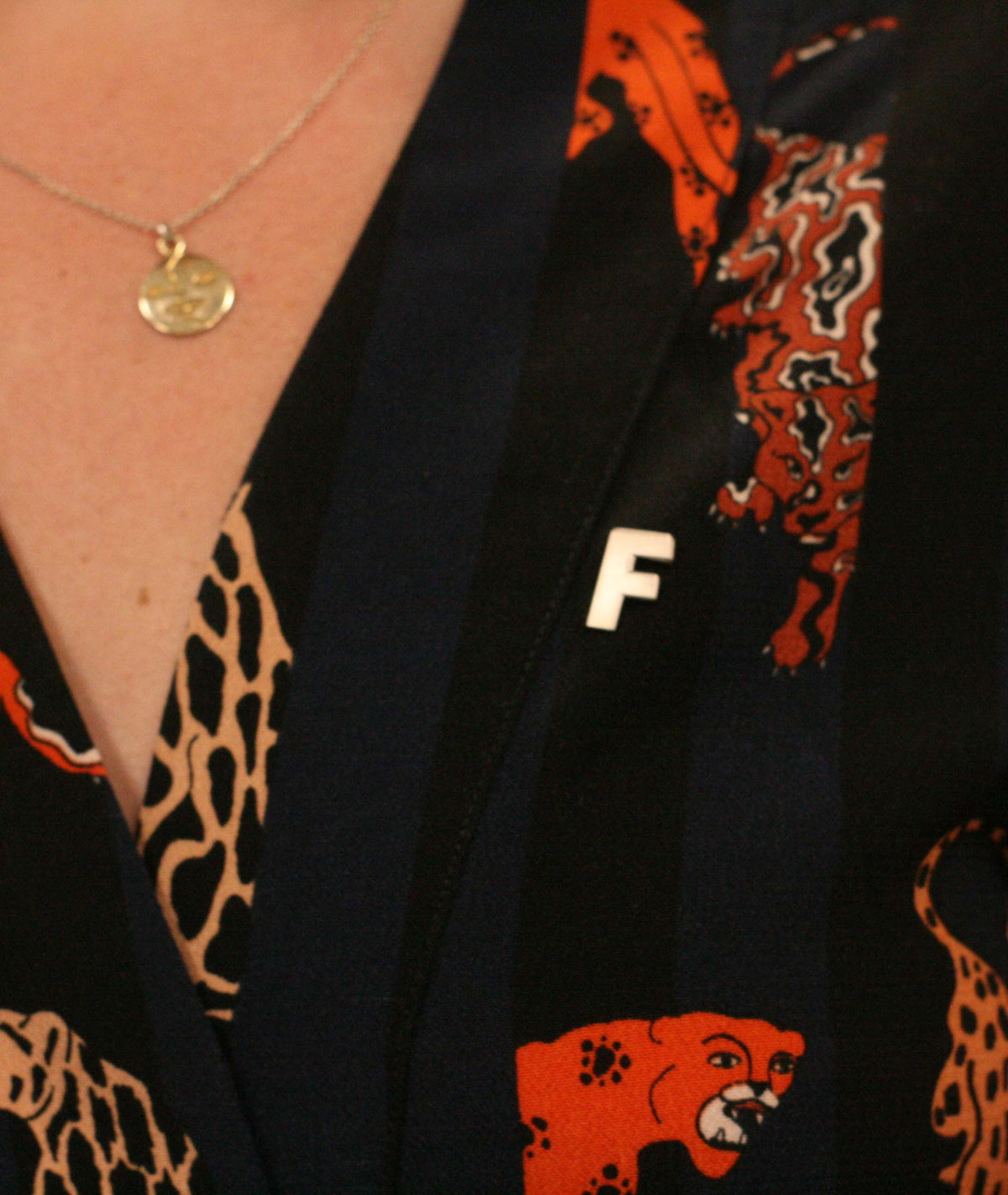

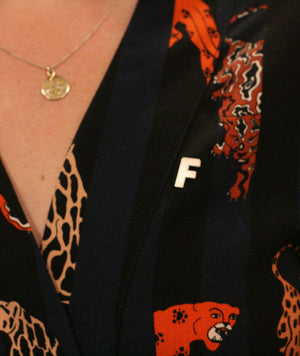
lorenzo
September 01, 2024
It is time we start to call feminism for what it is. Feminism is an international criminal organization. Feminists are criminal.